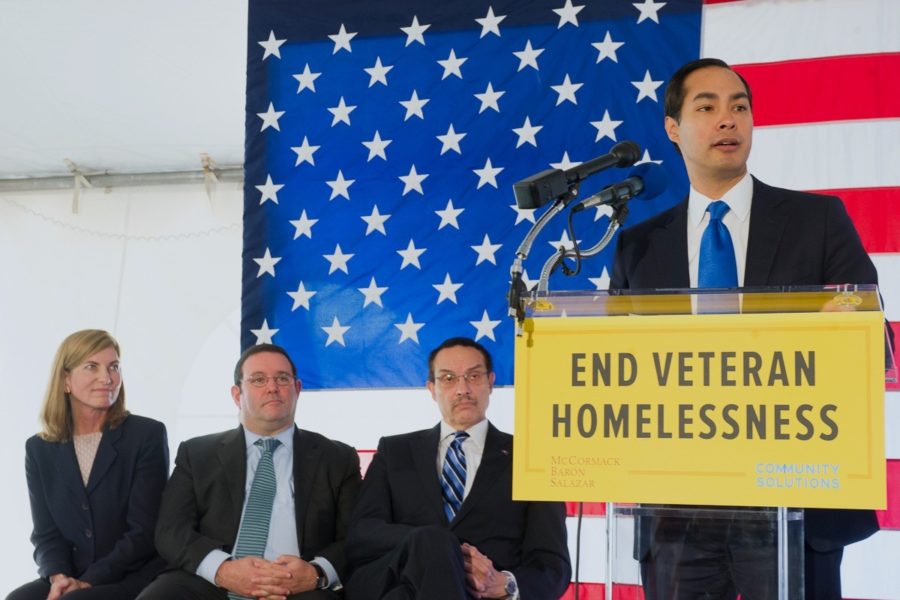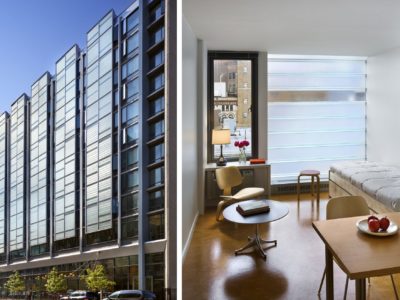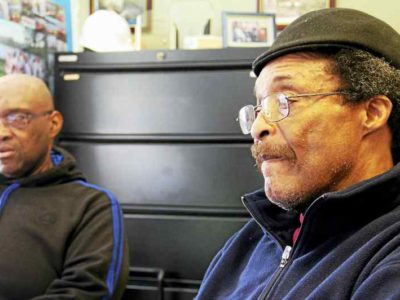I am on the boards of two small family foundations that focus on ending veteran homelessness. As a Vietnam veteran, this is something in which I have taken a personal interest, believing that our country has an obligation to ensure that those veterans who struggle to reintegrate into society will receive the assistance that they need — and deserve. America has never been as close to ending veteran homelessness as it is today.
Private foundations have generally played a small role in helping to end veteran homelessness. Yet, the opportunity for philanthropy to make a highly leveraged impact is tremendous. Let me give an example.
Here in Washington, DC, significant progress has been made in recent years and the number of homeless veterans has dropped over 20 percent since 2010. Much of this reduction has been achieved using HUD VASH housing vouchers in scattered site apartments around the city. Yet, there has been a realization that to really address veteran homelessness in the years and decades ahead, a more permanent infrastructure needs to be in place. The 2.5 million men and women who have served our country in Iraq and Afghanistan have returned after multiple deployments with a high rate of PTSD and other mental health issues. Many also face challenges around reintegrating with their families due to lengthy and multiple absences. As was true with Vietnam era veterans, these problems may manifest in the form of homelessness many years after the veteran has returned. That is why permanent infrastructures, including apartment buildings with dedicated veteran units, need to be put into place.
A groundbreaking for one such piece of the infrastructure in DC was recently held on November 10, 2014, the day before Veterans Day. This apartment building — known as the John and Jill Ker Conway Residence — will consist of 124 units of low-income and affordable housing, 60 of which are financed for and dedicated to chronically homeless veterans. The apartments are located minutes from the U.S. Capitol in a safe, convenient and growing area of DC and will have on-site support services for employment, mental health, legal and other issues. Professional case managers will employ the evidence-based “Housing First” model, and a local non-profit will fully furnish all 60 veteran units. More information about this groundbreaking program may be found here.



